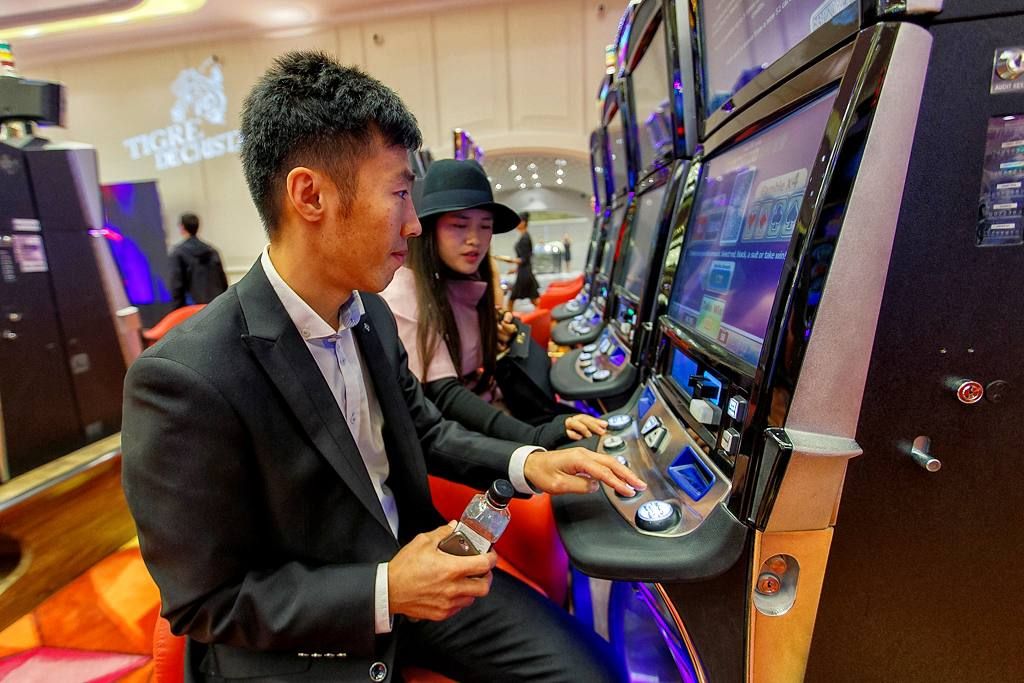South Korea, officially the Republic of Korea, is today one of the most economically developed countries. A high level of income, global leadership in technology and innovation, and a high GDP have elevated the country’s economy to the fourth place in the global economic ranking. The government of the Republic invests in sectors such as light and heavy industry, information technology, medicine, trade, art, and innovation. Koreans are known worldwide not only for dramas, anime, the Samsung brand, and cosmetics; the main stereotype about the nation is “workaholism.” From time to time, Korean stories emerge online about people dying from overwork: someone has a stroke in the office due to countless sleepless nights, others cannot withstand the workload during work or study. Statistically, the main cause of death among people under 40 in South Korea is suicide. The workday in many companies in the country lasts 14-16 hours, and employees often do not have the right to leave the office while the boss is present. The boss deliberately stays at the workplace as long as possible, as there is a plan that needs to be fulfilled, and he is responsible for the company’s efficiency. South Korea is indeed a country where people work very hard.
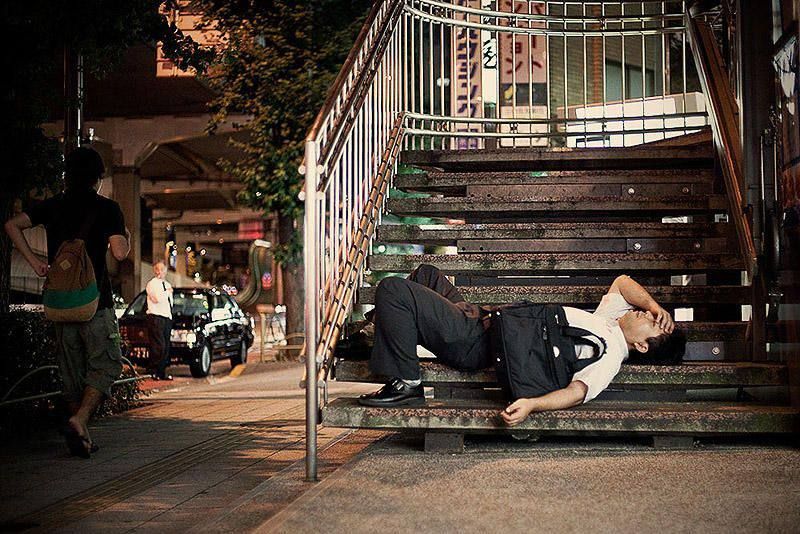
In addition to the heightened demands of the labor sphere, there is strict legislation. Perhaps that is why South Korea is considered one of the safest countries, where you can forget your phone in a cafe and it will surely be returned, where bags are left outside supermarkets, and no one steals others’ belongings. The country cultivates workaholism, discipline, and obedience to laws. Clearly, most Koreans are constantly in a state of strong emotional tension and desperately need good rest. Therefore, the country has a highly developed film industry, anime culture, music, and entertainment events, which are generally organized at a very high level. Moreover, Koreans, like many Asian nationalities, are known for their passion for gambling. Residents of Korea immerse themselves deeply in gaming, with official counts in 2022 indicating 35 million gamers in the country. Perhaps this is why there is a law in the country prohibiting citizens of the Republic of Korea from gambling both within the country and abroad.
Casinos in South Korea – The Specifics
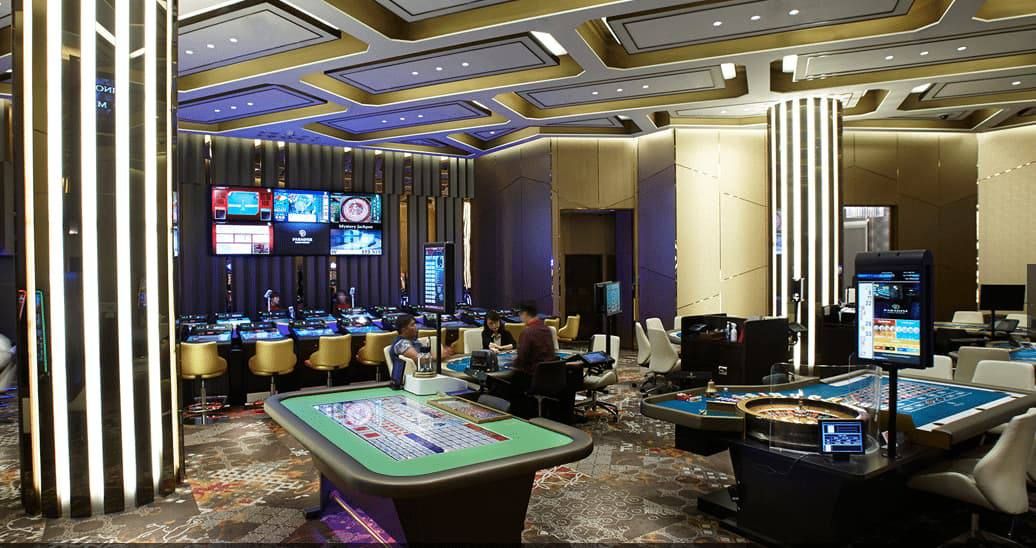
For most of the 20th century, casinos and gambling were completely banned in South Korea. The first casino in South Korea only opened in 1967 in an Incheon hotel, and that was thanks to the new Tourism Promotion Act, which aimed to boost tourism. The government decided to develop the tourism sector, and at that time, entertainment complexes began to appear in the country. The first casino was off-limits to the republic’s citizens – it operated solely for foreigners, with Koreans only allowed to work there as service staff.
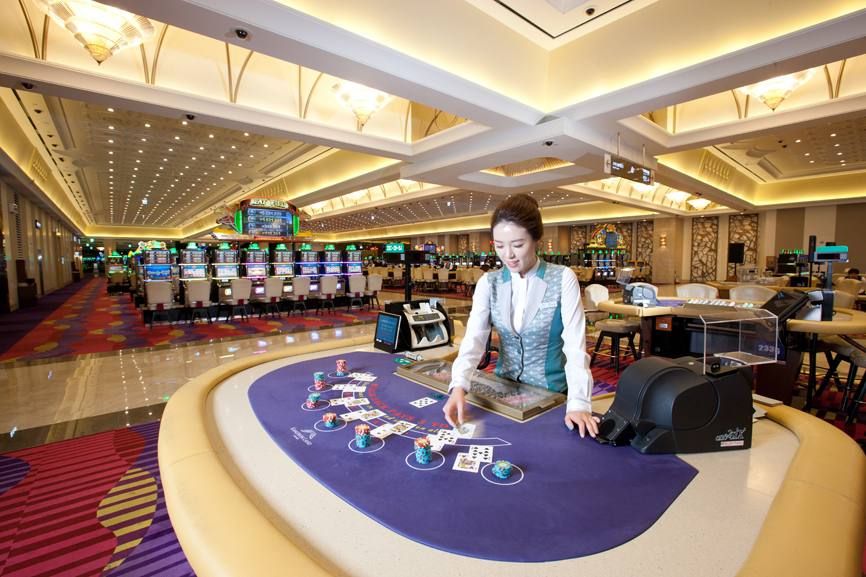
Today, there are twenty premium-class casinos in South Korea, 19 of which are only accessible to foreigners. Seven of these casinos are located in the country’s most bustling area – Jeju Island, with others in Busan, Seoul, and Incheon. In the mountains of Gangwon Province, there is the world’s only casino where Korean citizens can legally gamble – Kangwon Land. Having a legal casino for Koreans is a very strange phenomenon. Officially, in the Republic of Korea, citizens face serious fines and even imprisonment of up to two years for visiting a casino. However, Kangwon Land seems to be so profitable that the government finds this exception to the rule very beneficial.
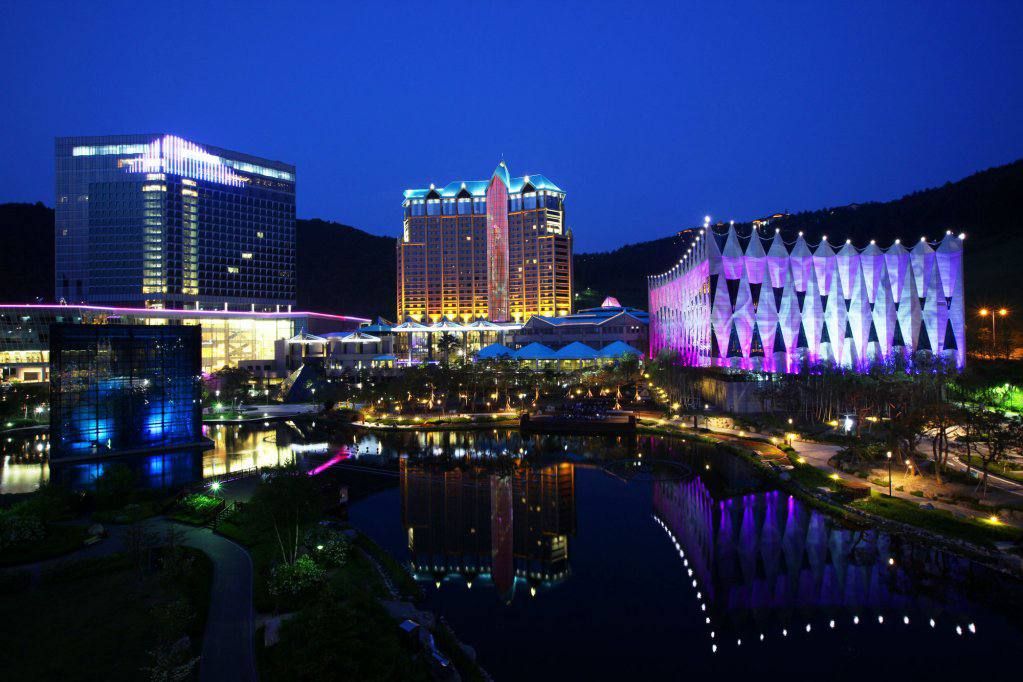
Although overall, the policy towards South Korean gamblers is very strict. Citizens are prohibited from visiting casinos even abroad – they cannot gamble in other countries. Officially, they are barred from places like Las Vegas (according to their own country’s laws, but not U.S. laws), and are also not allowed to visit casinos worldwide. Due to the strictness of South Korean legislation, most online casinos do not want to deal with citizens of the country – people with Korean passports are not registered and are not allowed to play. On the other hand, the country’s authorities do not constantly monitor Koreans gambling in other countries, as it is assumed that information about gamblers is not publicly available. However, occasionally, the government conducts high-profile legal cases against Koreans who gamble in casinos abroad. Typically, these are high-profile cases covered in the media, and the offending citizens are subject to hefty fines and even imprisonment. And yet, in one casino on the territory of South Korea, gambling is still possible.
The Future of the Gaming Industry in Korea – To Play or Not to Play?”
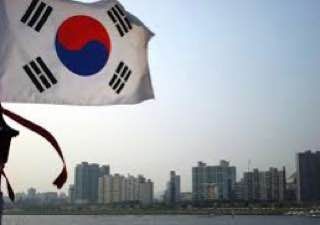
In recent years, the Minister of Culture of the Republic of Korea has tried to repeal the current legislation regarding gambling in the country. The official advocated for open access to casinos for citizens both within and outside South Korea. Moreover, the Minister tried to lift the ban on online gambling. However, the government did not approve the new bill.
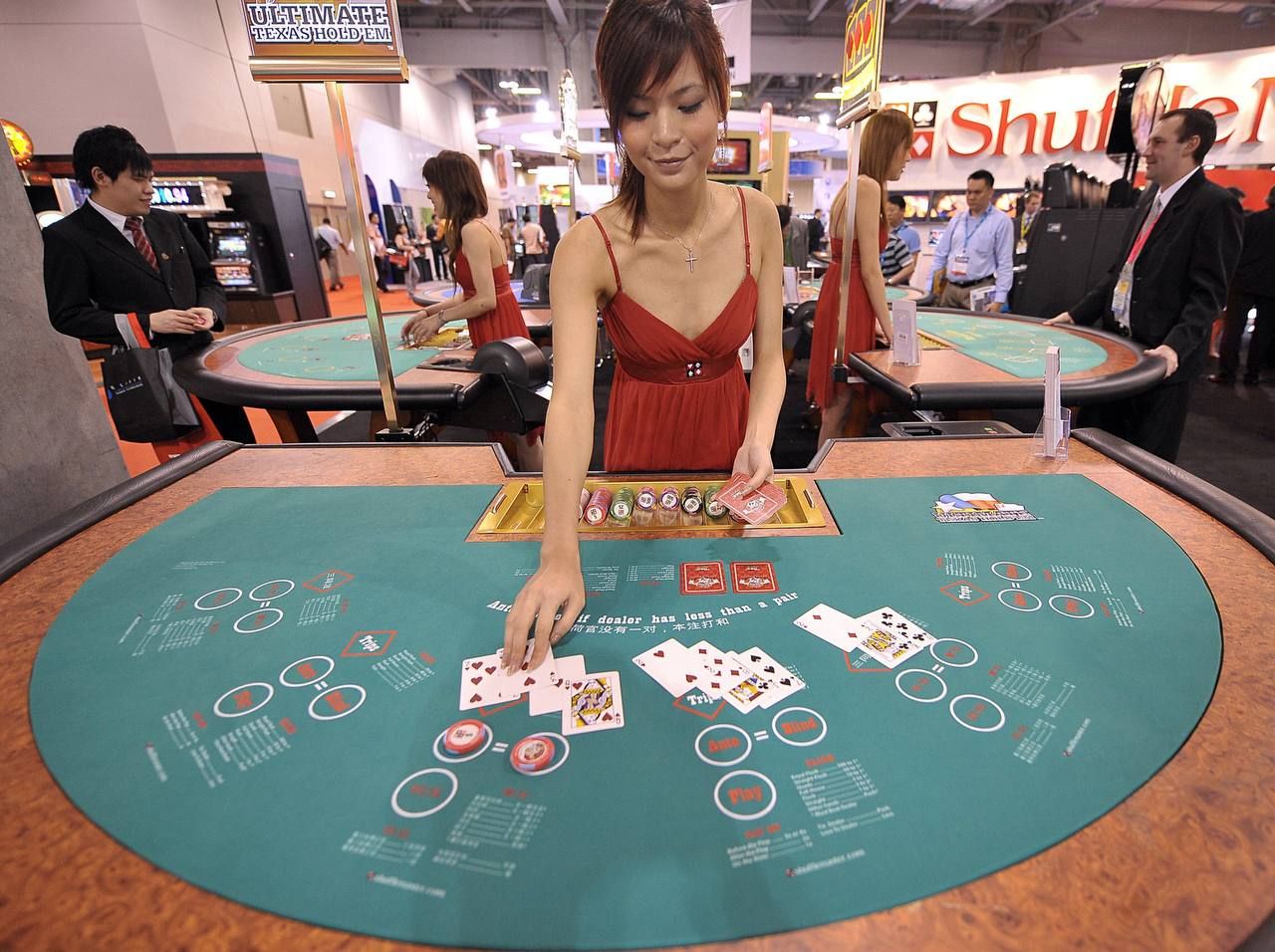
Koreans enjoy gambling – Kangwon Land, the only legal casino for citizens, is always crowded. Kangwon Land is a vast hotel and entertainment complex where Koreans can try their luck at roulette, blackjack, slot machines, and card games without the risk of imprisonment. Additionally, in the Republic of Korea, playing the lottery and betting on sports is allowed – offline betting is strictly regulated by the National Sports Promotion Act, with the exclusive right to work with sports betting belonging to the company Ktoto. South Korea also has a multi-million gamer pool – fans of online games. In Korea, this is a whole subculture, with the only legislative restriction on gamers being that children under 14 are prohibited from playing from midnight to 6 a.m.

Experts highly value the potential of the gaming industry market in South Korea – the country attracts a large number of tourists from economically prosperous countries, and the Koreans themselves are enthusiastic gamblers. Specialists predict that the Republic of Korea’s gambling industry will reach a new level in the near future, following the example of such giants in the field as the gambling establishments in Macau and Singapore.
